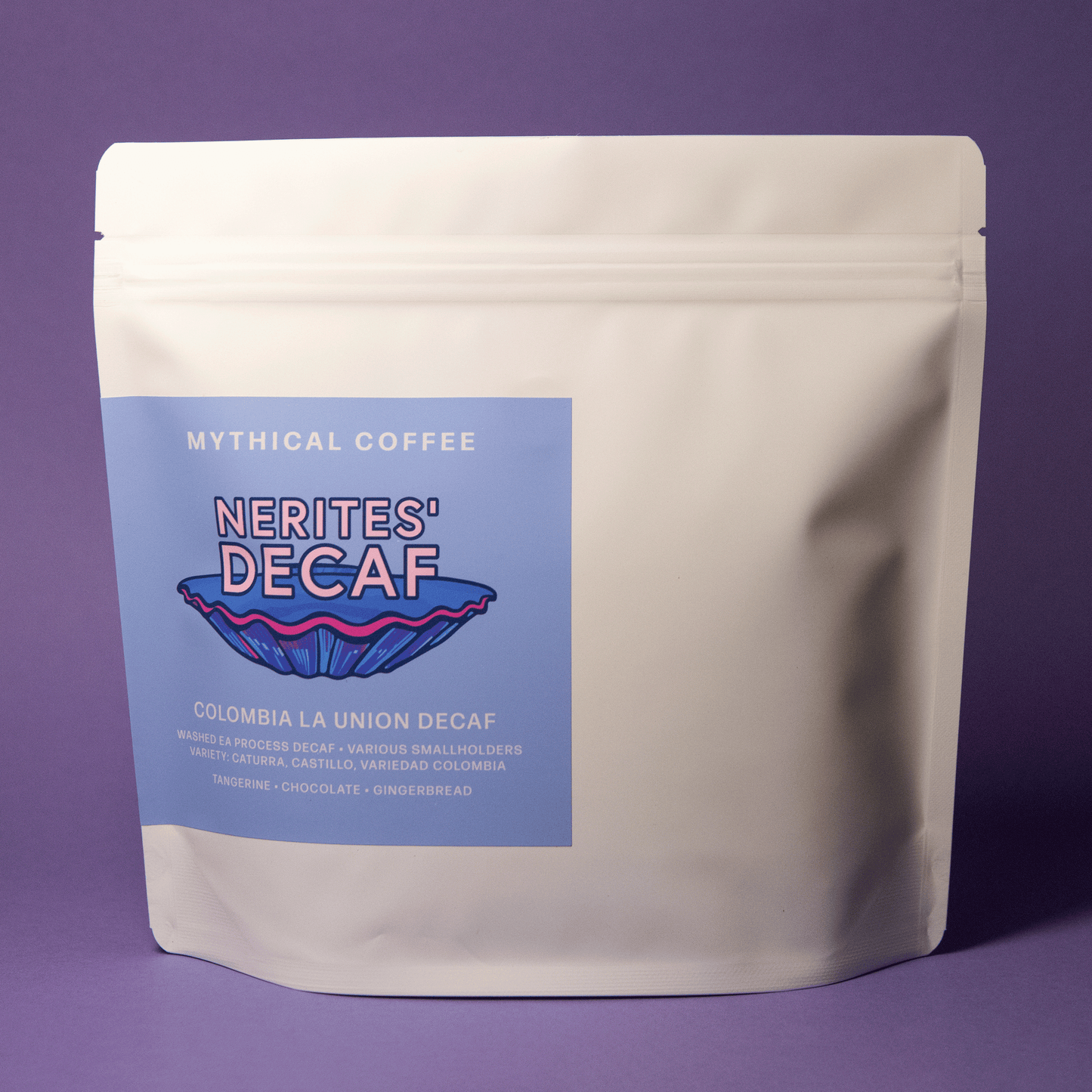Decaf Colombia La Union
Decaf Colombia La Union
Washed EA Process Decaf
Tastes like: tangerine + chocolate + gingerbread
Light roast whole bean coffee
Couldn't load pickup availability
Share
Shipping & Fulfillment
Shipping & Fulfillment
Orders are typically shipped out within 3 business days of placement. We use USPS and UPS to deliver orders. You will be receiving an email with tracking info once your order has shipped.

- Farm: Various Smallholder Producer Farms from La Union, Nariño
- Region: La Union, Nariño
- Altitude: 1,800 - 2,220 MSAL
- Variety: Caturra, Castillo, Variedad Colombia
- Process: Washed
- Decaffeination Process: EA Cane Sugar Process (Ethyl Acetate)
EA CANE SUGAR PROCESS (ETHYL ACETATE)
This decaf coffee is processed at Descafecol, a company based on the outskirts of the town of Manizales in Colombia. The process for decaffeination begins with sugar cane grown just a few hours south of Descafecol, that is turned into molasses. The molasses is then fermented to create ethanol and processed with acetic acid to create the Ethyl Acetate that will be used in the extraction of caffeine. Ethyl acetate is used in food pretty extensively and is known for bringing a fruity flavor to; hard candy, chewing gum, ice cream, and many other products. It can also be naturally occurring in fruits (pineapple, berries, apples, and pears), is a key to the flavor of rum, and can be found in beer and wine as well. Ethyl acetate is also used in the decaffeination of not only coffee - but also tea.) So how is this used to decaffeinate the coffee?
To start, green coffee is brought to Descafecol and put in tanks where the coffee is steamed and introduced to hot water to open up the structure of the coffee to ready it for the extraction of the caffeine. Once ready, the EA solution is introduced to the coffee and run through multiple times. During this the caffeine bonds with the ethyl acetate and is ultimately separated from the coffee, removing a minimum of 97% of the caffeine. After the extraction of caffeine, the coffee is steamed once again to remove any traces of the ethyl acetate, and then sent to dryers to bring the coffee back down to near its original moisture content. Once dried the coffee is bagged up (in grainpro) and sent out for export.
TECHNICAL INFORMATION - PROCESSING
Since the drying process is carried out at each individual farm, the drying times used for post harvest drying varies. The coffees used for this lot are fully washed, picked during the day, and pulped in the afternoon, to be left to ferment overnight. On average coffee is left to ferment between 12-24 hours, depending on the location of the farm, and the climate conditions at the time. After fermentation, the coffee is washed 2-4 times more before being sun-dried, under open patios or greenhouses.

